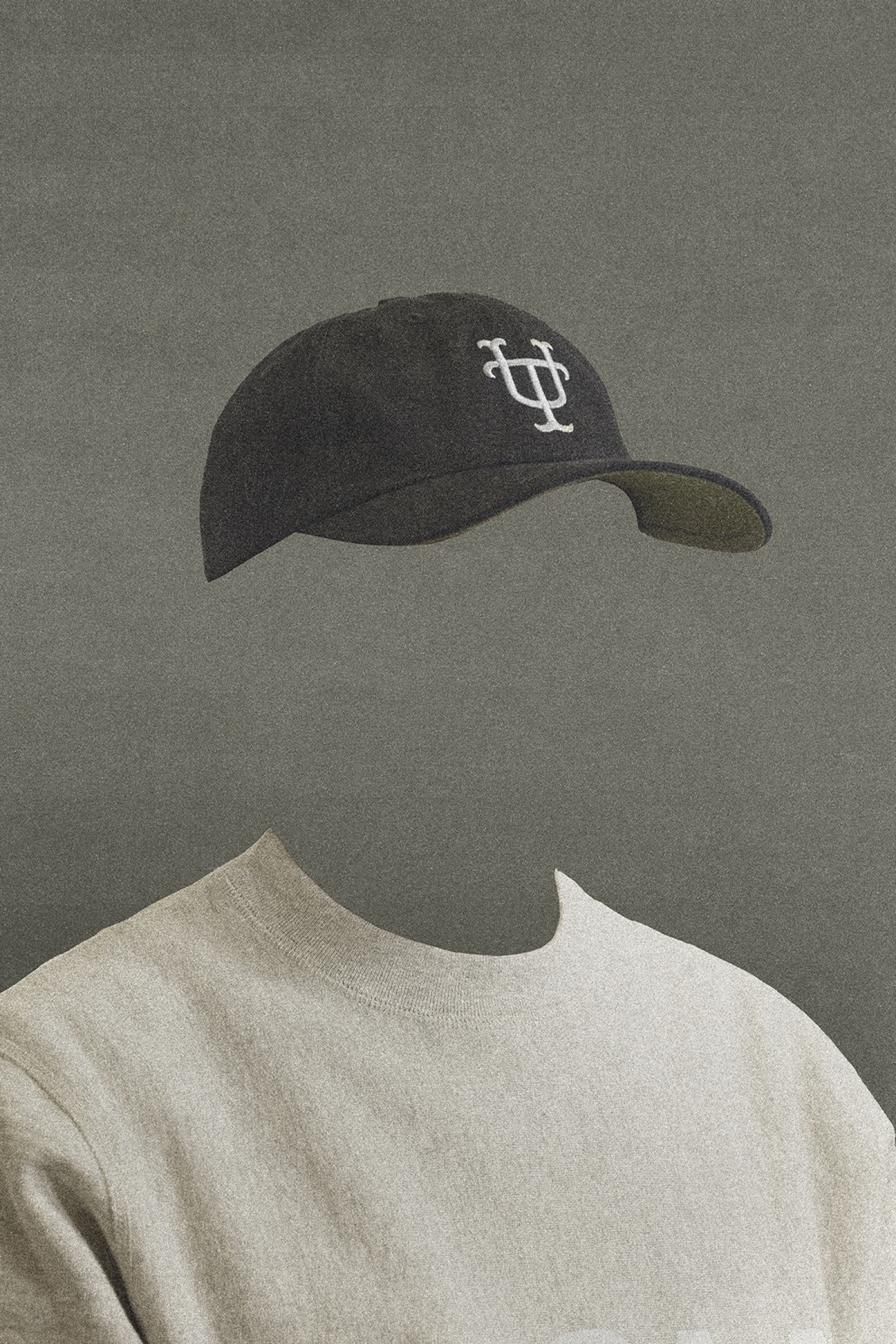A key component of 77mm’s core mission is to provide greater access to the world of skiing & mountain living through art, design, and architecture—without sacrificing on environmental concerns.
77mm takes its name from the tail width of the first Howard Head aluminum standard ski. In 1947, Howard Head, a self-educated structural engineer working in airplane manufacturing, was convinced there was a way to make a lighter ski using the material and structural analysis from airplane construction. He quit his job and put all resources into creating a makeshift workshop. After 40 iterations, he birthed the first successful non-wood ski in history. In 1949, he produced 50 pairs, in 1950, he produced 300, and by 1953, he had produced and sold over 4000 pairs of reformed skis. By the end of the decade, Head became the largest ski manufacturer in the country.
My fascination with this story is rooted in the unintended cultural and architectural impact of Head’s product innovation. The significant improvement in ski functionality created a cultural reset: more people interested in skiing, improved capabilities for current skiers, and a greater demand for ski resorts and ski-related products. This catalyst resulted in new events and competitions, further product innovation in apparel, and innovation in cinematography/digital media—the birth of a completely new culture.
It’s with the fascination of the causal relationship between physical product and development that 77mm explores the physical manifestations of culture derived from skiing and mountain living. My driving thesis is that the reshaping of physical products inevitably changes culture, manifested through perceptions, actions, language, art, design, music, film, education, transportation, and architecture.
Simply put, if we can reinterpret ski culture through product innovation, we can influence the architectural development and overall perception of mountain living. Thanks to organizations like Save Our Canyons we can ensure that any progress in development considers the environment as a serious, paramount concern. For this reason, we’ve decided to donate a portion of proceeds from all ‘UTAH’ products moving forward—starting with our signature ‘UTAH’ Cap.



